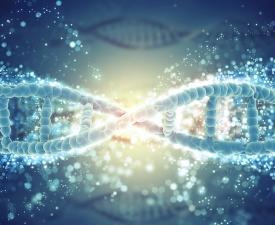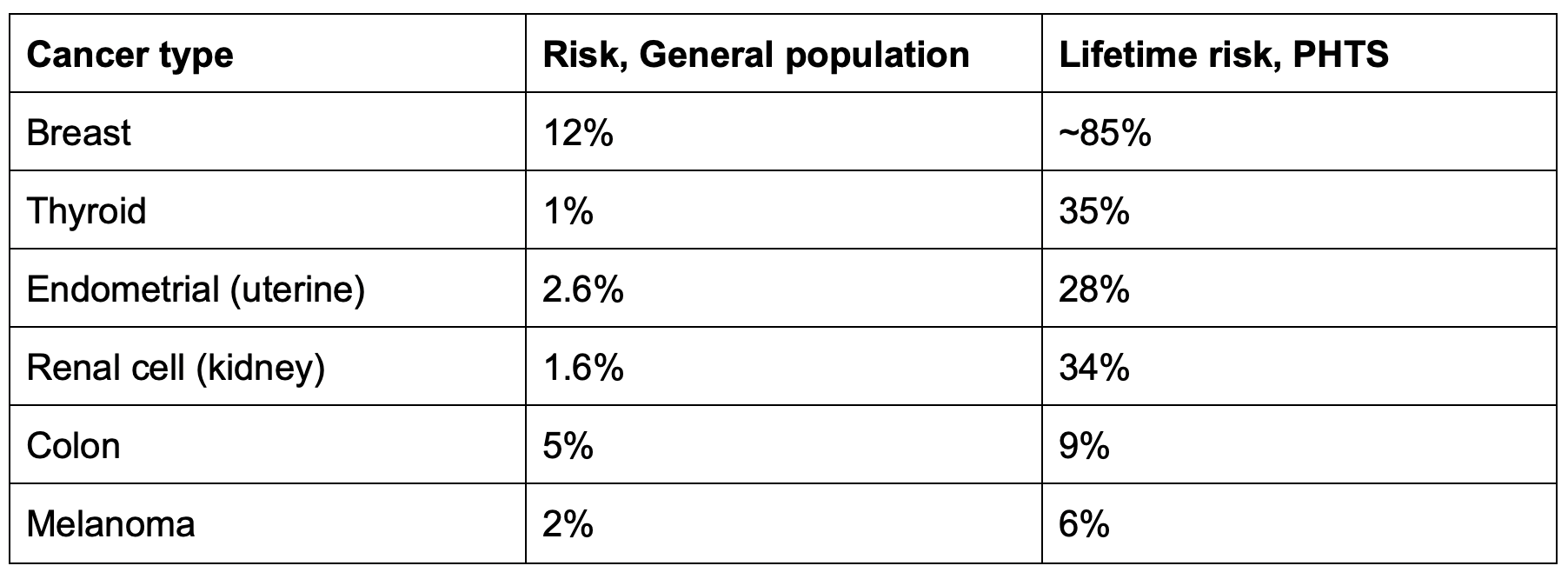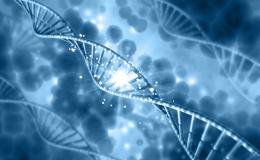What is Cowden Syndrome?
December 22, 2020
Cowden syndrome, also called multiple hamartoma syndrome, is a rare disease that is part of the PTEN hamartoma tumor syndrome (PHTS) disease spectrum. The disease affects around 1 in every 250,000 people in the United States and is associated with the development of hamartomas, or small, non-cancerous (benign) growths, on various parts of the body.

The disease is also associated with the development of different types of cancer, typically originating in the body regions affected by hamartomas. Importantly, Cowden syndrome can be hereditary, or passed from an affected parent to their child.
Cowden syndrome is most commonly caused by mutations (adverse changes) in the PTEN gene. The protein produced by the PTEN gene is responsible for controlling cell division, and adverse mutations in the PTEN gene change the tumor-suppressing function of the PTEN gene product. As a result, individuals with Cowden syndrome develop hamartomas that are commonly found on the skin and mucous membranes. For most people affected with the syndrome, hamartomas typically develop by a person’s late 20s. Some individuals may have characteristics of Cowden syndrome but do not quite meet criteria for syndrome diagnosis. Instead, these individuals have Cowden-like syndrome.
Because of the tumor-suppressing function of the PTEN gene product, the adverse PTEN mutations found in most Cowden syndrome patients also increase the population’s risk of developing certain types of cancer. The specific types of cancer and risks associated with these cancers in both the general and PHTS populations are listed in the table below.1

In addition to increasing the risk of affected individuals developing specific cancers, Cowden syndrome is also associated with the development of cancers at earlier ages. Some additional characteristics associated with the syndrome include an enlarged head (macrocephaly) and a rare type of benign brain tumor called Lhermitte-Duclos disease. A small proportion of Cowden syndrome patients will experience developmental delays or have intellectual disabilities.2
Because of their increased cancer risk, it is recommended that Cowden syndrome patients undergo enhanced cancer screening in order to detect disease at an earlier, and potentially more treatable, stage. Cowden syndrome can also be inherited, in that an affected parent typically has a 50% chance of passing an adverse PTEN mutation on to their child. Importantly, a mutation in the PTEN gene and a diagnosis of PHTS or Cowden syndrome does not mean an affected individual will develop cancer in their lifetime; instead, the syndrome increases the likelihood of eventually developing the disease. Comprehensive hereditary cancer screenings available today are capable of detecting mutations in an entire panel of genes associated with cancer syndromes to provide actionable genetic information for families and clinicians that could significantly impact an affected individual’s well-being and future quality of life. The Kailos Genetics ExpedioTM Hereditary Cancer Screening test screens for mutations in 33 hereditary cancer genes, including PTEN. Click here to learn more about ExpedioTM or contact us with any questions you have regarding our genetic screenings.




